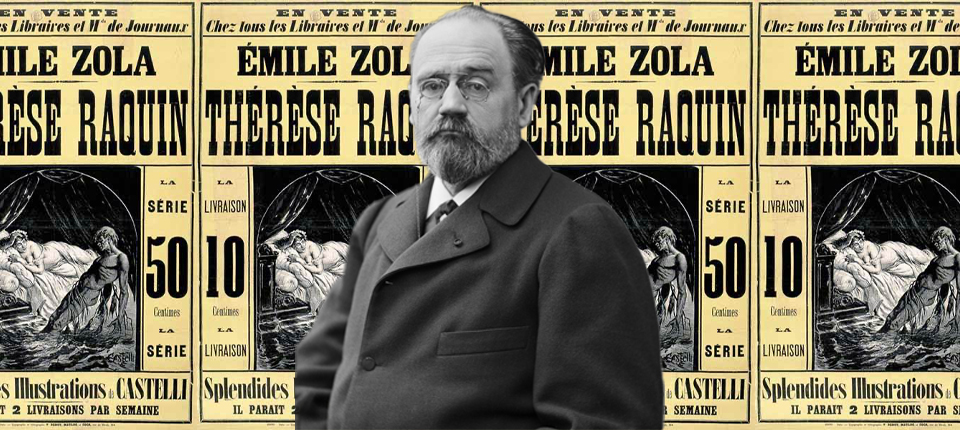Lit Hub Daily: October 9, 2025
THE BEST OF THE LITERARY INTERNET

TODAY: In 1891, Émile Zola’s stage adaption of Therese Raquin opens in London.
- “When white people talk about how we “made it,” we must also acknowledge that whiteness is an invisible and built-in advantage in how we achieve success.” Georgiann Davis explains why, despite similar experiences, she isn’t like JD Vance. | Lit Hub Memoir
- Is the Left really a threat to free speech when the Right’s on book-banning spree? Maris Kreizman sets the record straight. | Lit Hub Politics
- “Its impacts can be seen in multiple ways, from the minuscule size of reservations, often called ‘rancherias,’ to the number of tribes that were terminated in the 1950s and remain federally unrecognized.” On the past and present of violence against Indigenous people in California. | Lit Hub History
- “These young people, Gen Z Madagascar, will bring down entire paradigms of thought.” Raharimanana on Madagascar’s revolutions. | Lit Hub Politics
- Sarah Curtis considers what it means when the songwriter behind “I Fought the Law” is your dad. | Lit Hub Music
- “A masterly polemic, its scope so sweeping that it does, finally, seem to explain every pungent odor wafting from Silicon Valley.” 5 book reviews you need to read this week. | Book Marks
- Pat Lipsky remembers the alliances, rivalries, and New York art world clout at Max’s Kansas City in the 70’s. | Lit Hub Memoir
- Peter Maass unpacks the sensationalist work of Richard Harding Davis, America’s first star war reporter. | Lit Hub History
- “If their case was being discussed on a national level, why wasn’t the same thing happening for all the other kidnapped children?” Read from Brenda Lozano’s novel Mothers, translated by Heather Cleary. | Lit Hub Fiction
- “Mallon isn’t always the protagonist you might want, or expect, him to be. Such is the messiness of our diaries.” Sheila McClear on Thomas Mallon’s diaries of the AIDS era, and what happens when private documents become historical sources. | The Nation
- Sloane Crosley considers “Fitzgerald’s prose alcohol content” and the ambivalence of American drinking culture. | The Yale Review
- How AI could upset the labor market and usher in a new age of inequality. | The New Yorker
- Angelica Frey explores Nazi occultism and what it can teach us about the nature of fascism. | JSTOR Daily
- “Said argued that because Austen lived in a slave-holding colonizing state, the ideology of empire inflected her worldview and fiction in ways that felt so natural as to slide under not only her notice but the notice of her readers.” On grappling with Mansfield Park. | Vox
- How immigration policy and tariffs affect the black bear population that lives between the United States and Mexico. | The Dial
Article continues after advertisement



















